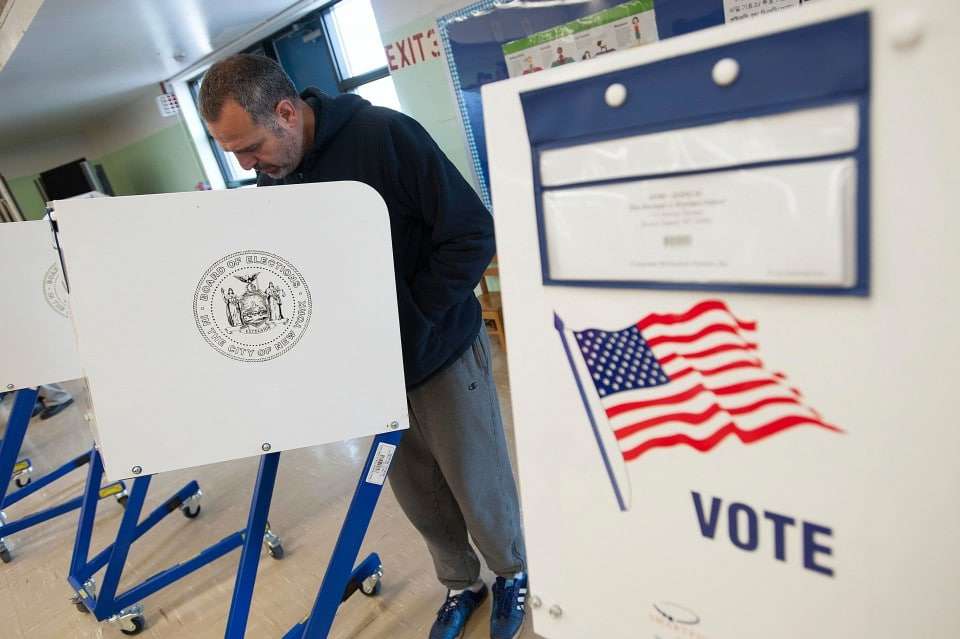The Volokh Conspiracy
Mostly law professors | Sometimes contrarian | Often libertarian | Always independent
N.H. 'ballot selfie' ban struck down

From Wednesday's decision by the U.S. Court of Appeals for the 1st Circuit in Rideout v. Gardner:
In 2014, New Hampshire amended a statute meant to avoid vote buying and voter intimidation by newly forbidding citizens from photographing their marked ballots and publicizing such photographs. While the photographs need not show the voter, they often do and are commonly referred to as "ballot selfies." The statute imposes a fine of up to $1,000 for a violation of the prohibition.
The court held this statute violated the First Amendment; whether or not it's viewed as content-based (and I think it should be), the statute is unconstitutional because it fails even the "intermediate scrutiny" applied to content-neutral speech restrictions:
In order to survive intermediate scrutiny, [the statute] must be "narrowly tailored to serve a significant governmental interest." Though content-neutral laws "'need not be the least restrictive or least intrusive means of' serving the government's interests," "the government still 'may not regulate expression in such a manner that a substantial portion of the burden on speech does not serve to advance its goals.'" The statute fails this standard….
Digital photography, the internet, and social media are not unknown quantities - they have been ubiquitous for several election cycles, without being shown to have the effect of furthering vote buying or voter intimidation. As the plaintiffs note, "small cameras" and digital photography "have been in use for at least 15 years," and New Hampshire cannot identify a single complaint of vote buying or intimidation related to a voter's publishing a photograph of a marked ballot during that period. Indeed, Secretary Gardner has admitted that New Hampshire has not received any complaints of vote buying or voter intimidation since at least 1976, nor has he pointed to any such incidents since the nineteenth century. "[T]he government's burden is not met when a 'State offer[s] no evidence or anecdotes in support of its restriction.'" …
But even accepting the possibility that ballot selfies will make vote buying and voter coercion easier by providing proof of how the voter actually voted, the statute still fails for lack of narrow tailoring…. At least two different reasons show that New Hampshire has not attempted to tailor its solution to the potential problem it perceives.
First, the prohibition on ballot selfies reaches and curtails the speech rights of all voters, not just those motivated to cast a particular vote for illegal reasons. New Hampshire does so in the name of trying to prevent a much smaller hypothetical pool of voters who, New Hampshire fears, may try to sell their votes. New Hampshire admits that no such vote-selling market has in fact emerged. And to the extent that the State hypothesizes this will make intimidation of some voters more likely, that is no reason to infringe on the rights of all voters.
Second, the State has not demonstrated that other state and federal laws prohibiting vote corruption are not already adequate to the justifications it has identified. New Hampshire suggests that it has no criminal statute preventing a voter from selling votes. That can be easily remedied without the far reach of this statute…. The ballot-selfie prohibition is like "burn[ing down] the house to roast the pig." Butler v. Michigan, 352 U.S. 380, 383 (1957).
My students Ryan Azad, Boris Mindzak, and Jacob Waschak and I filed a friend of the court brief in this case, on behalf of the Reporters Committee for Freedom of the Press, supporting the invalidation of the law.


Show Comments (0)